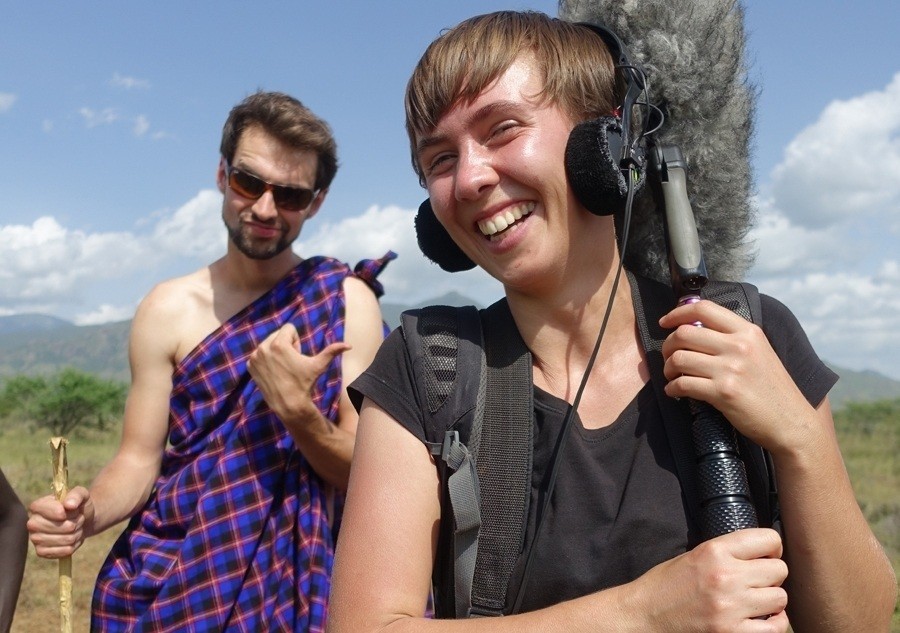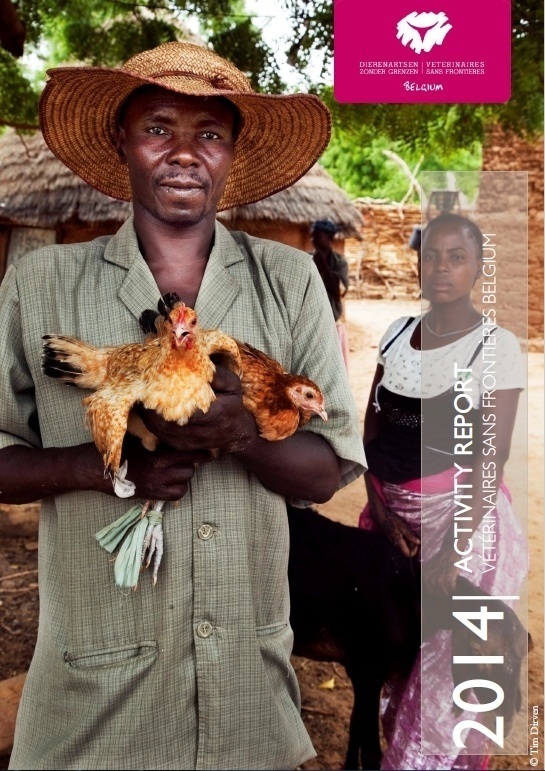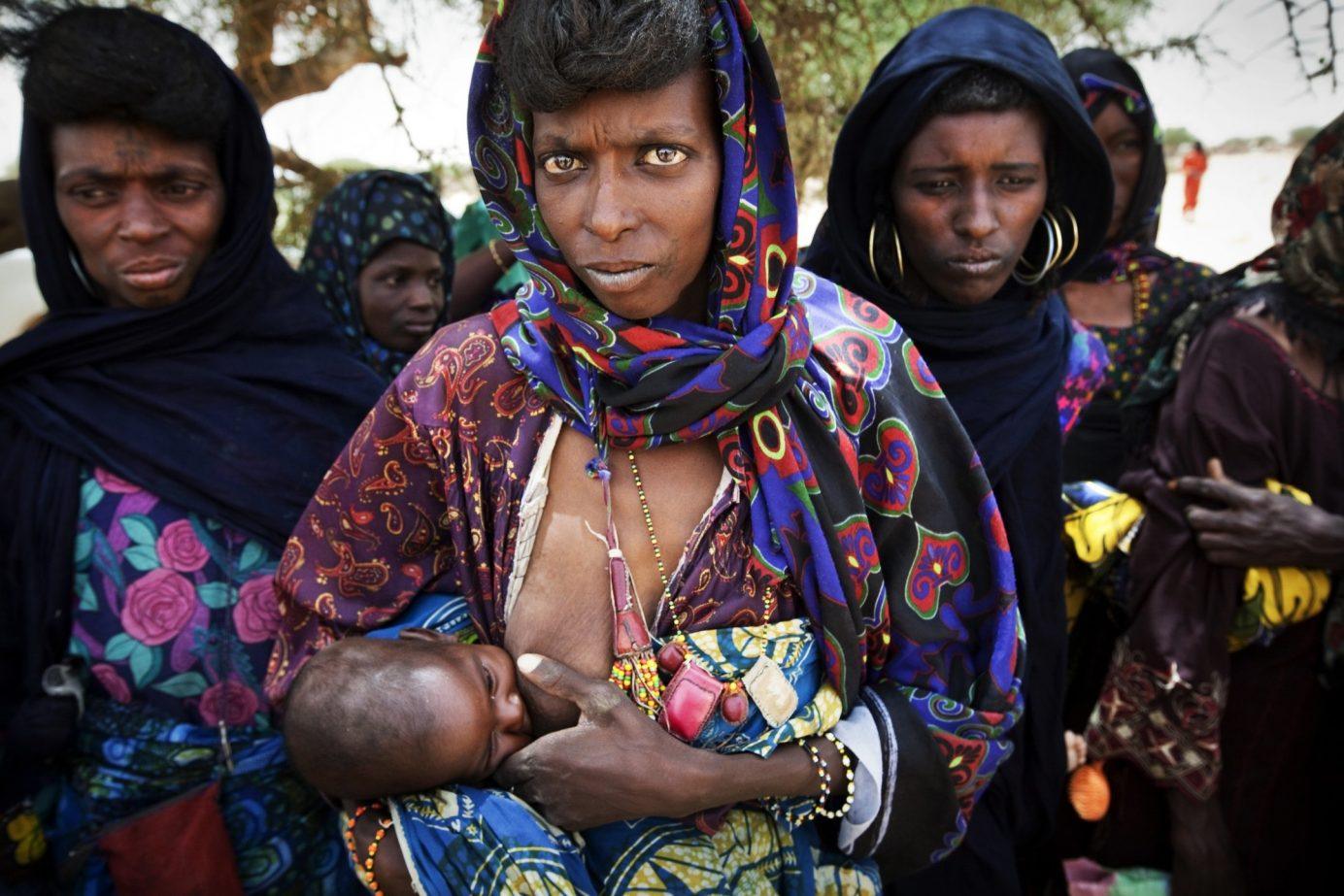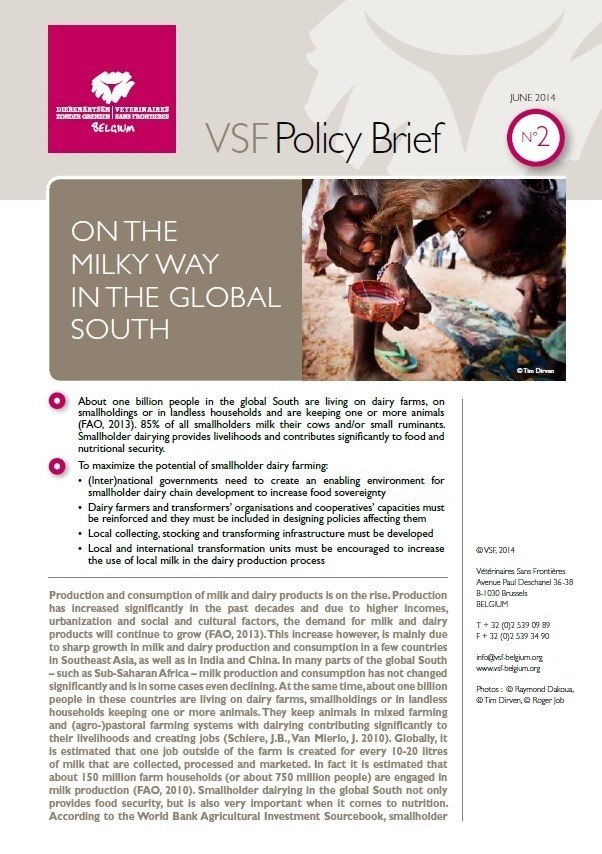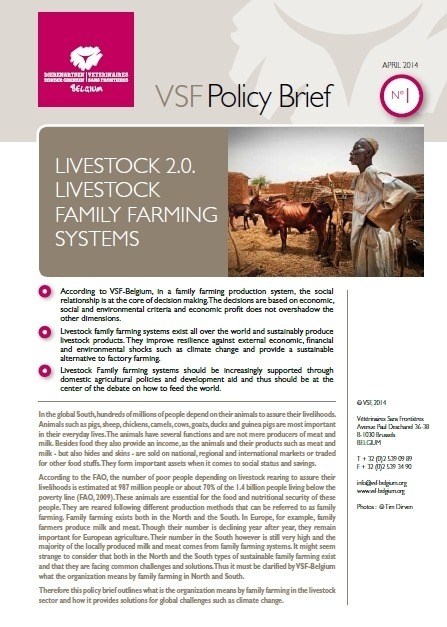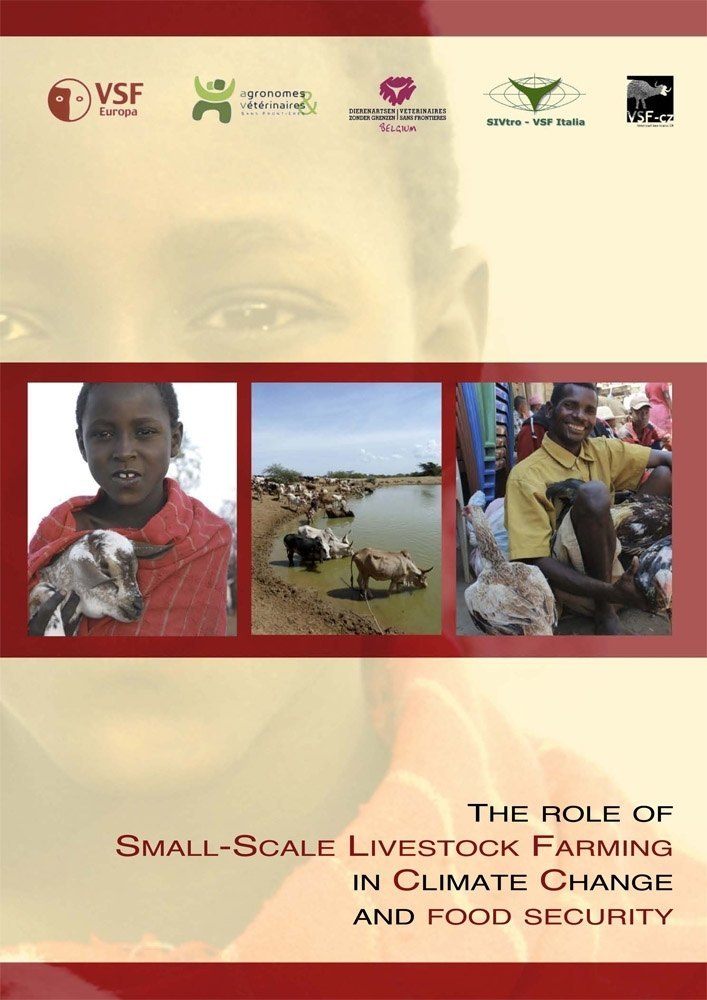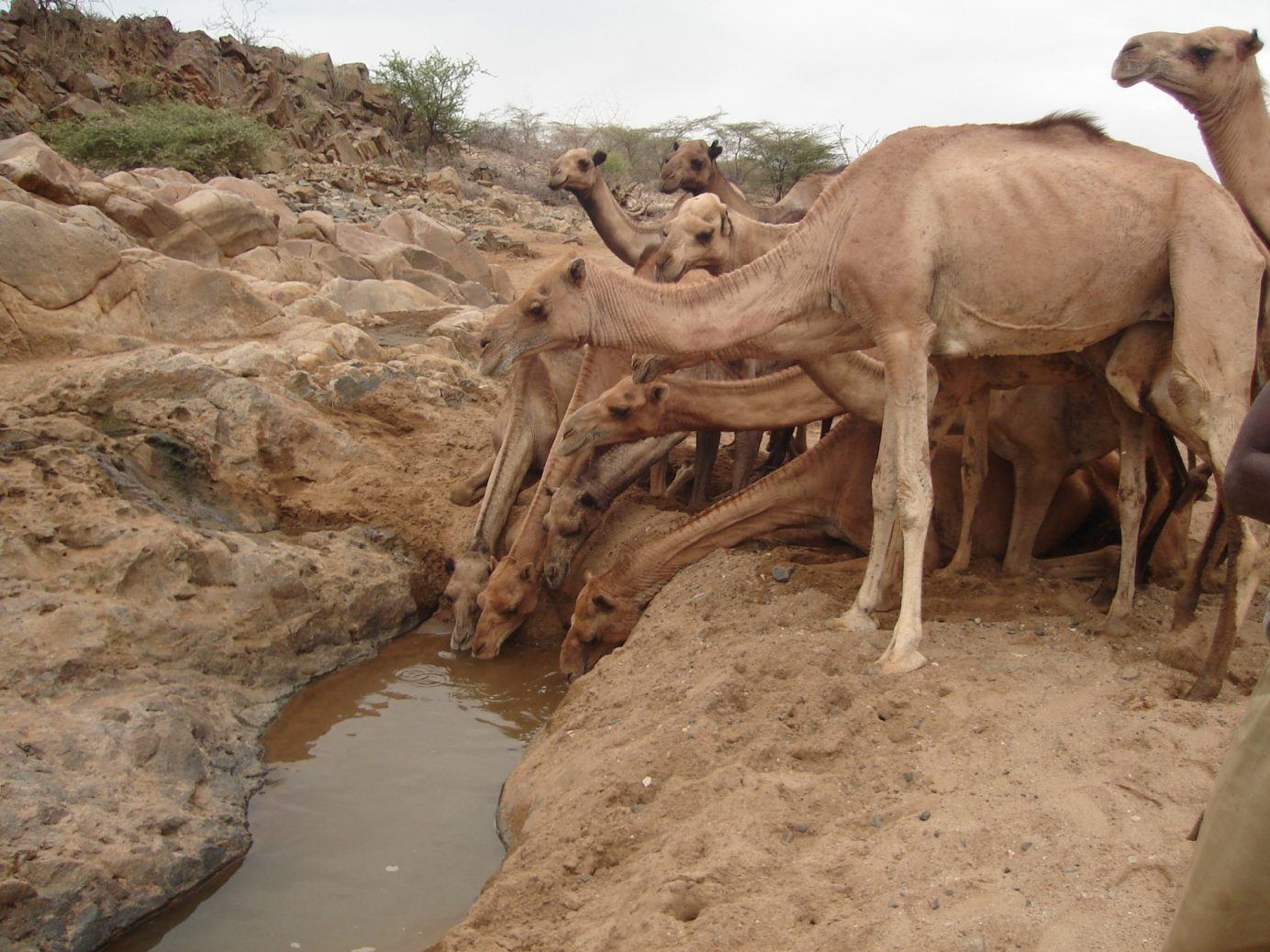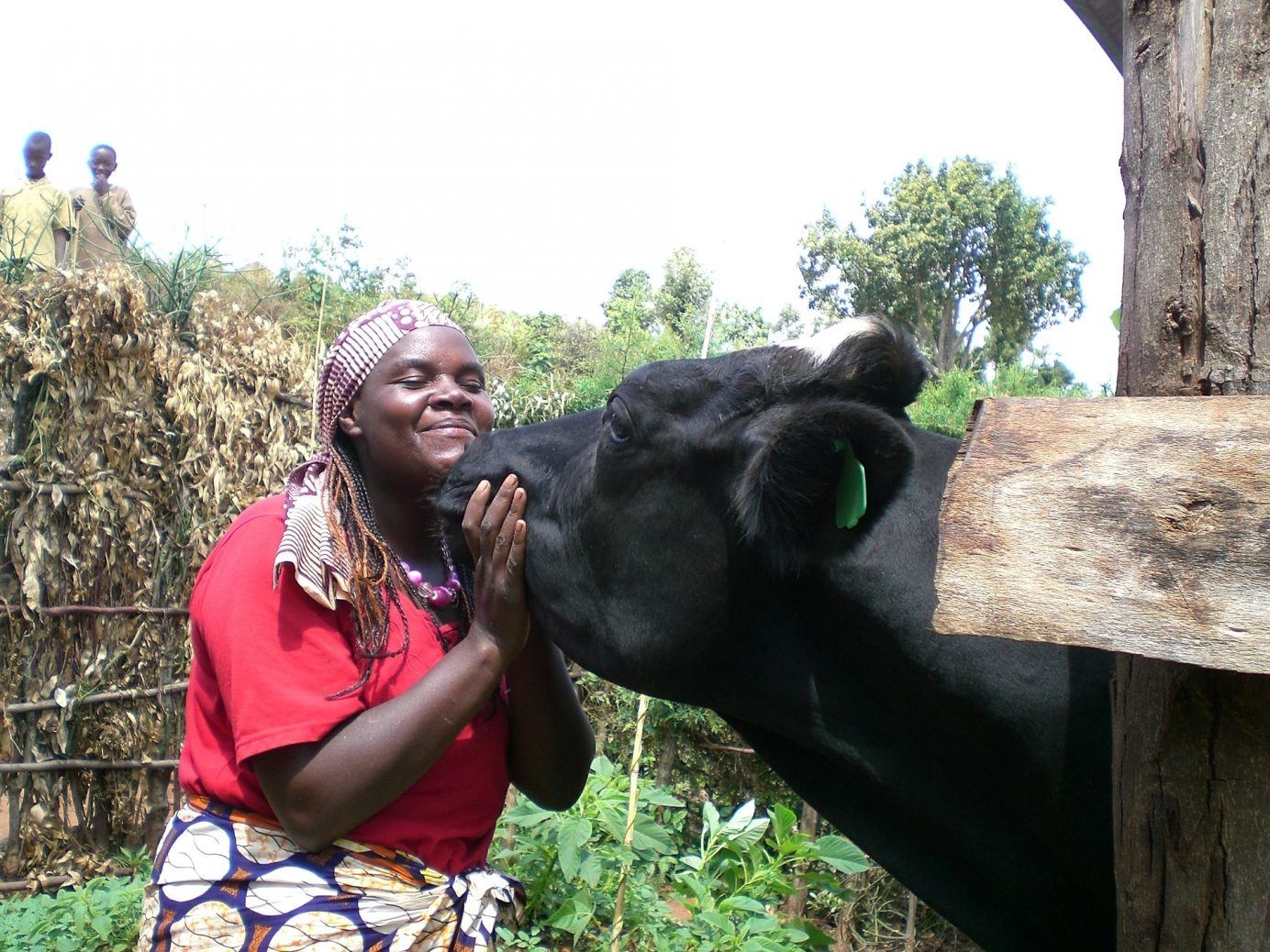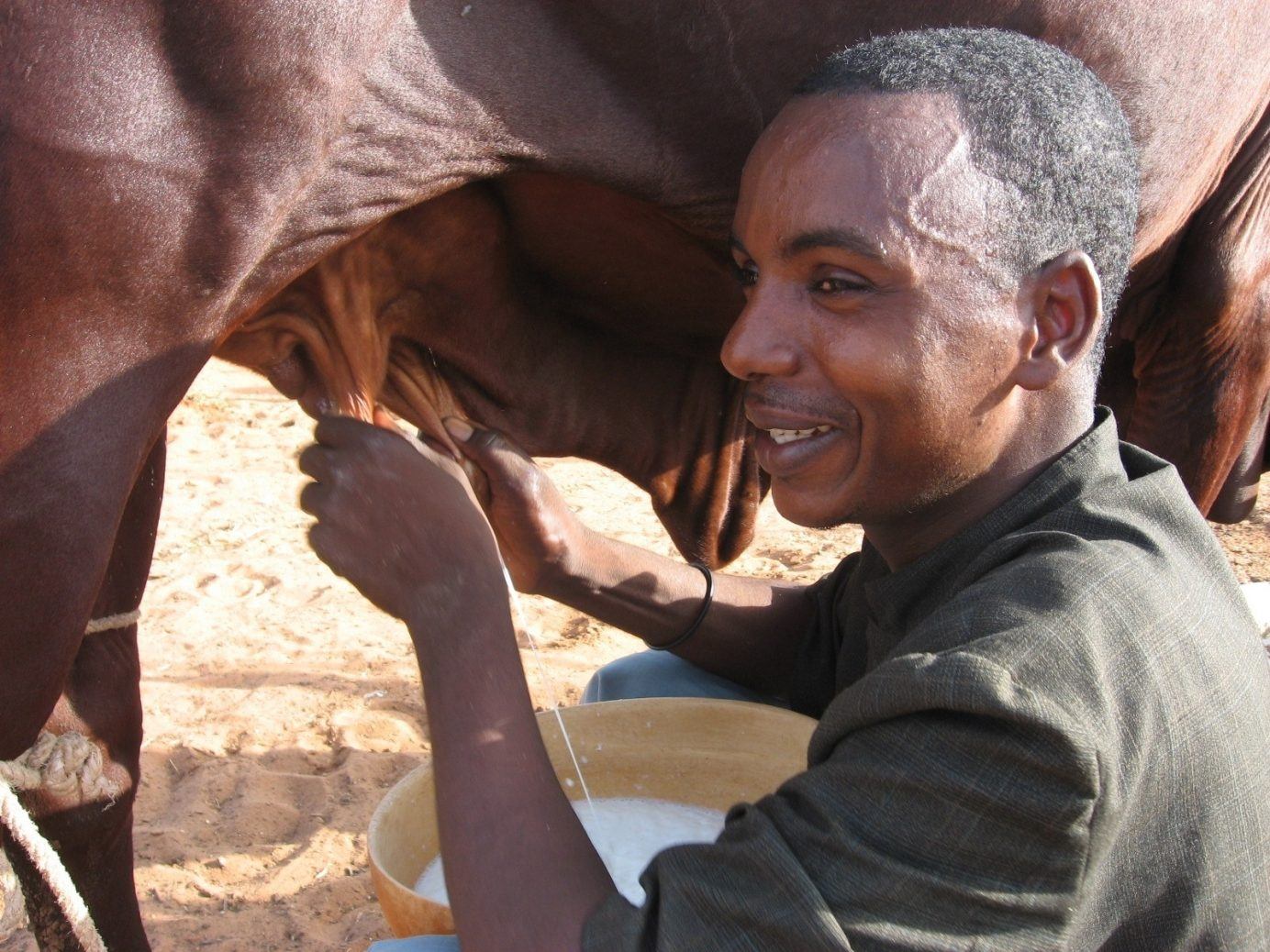
Those of you who visit the Facebookpage of Vétérinaires Sans Frontières Belgium regularly have probably noticed already that a camera crew was working in Karamoja, Uganda. They were shooting scenes for the VTMKzoom-show “Beestig!”. The unique – and often hilarious – sequences will be broadcast by VTMKzoom in November, but here we give you an exclusive look behind the scenes.

